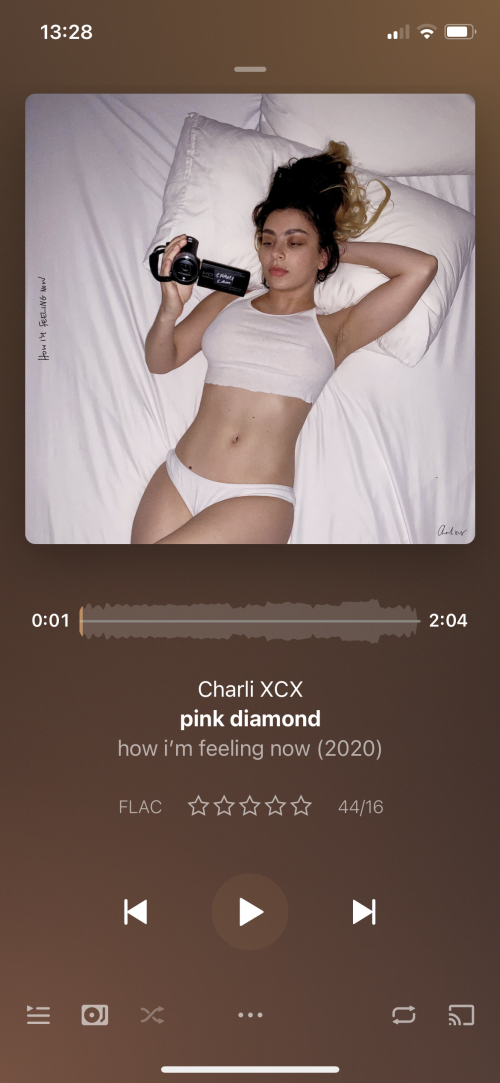monsieurfromag3
1000+ Head-Fier
That is a very interesting quote. I often wonder whether Spotify streams are degraded by the Android stack, but there’s no way to ascertain this since UAPP etc. are not allowed to stream Spotify.You know at the top, there is a search box for queries on this thread.
Bitperfect is not MQA exclusive. It pertains how ALL audio is processed. Normally Android upsamples ALL audio and resamples to whcih your device supports. This leads to computational errors (that some sensitive ears could hear). Bitperfect option bypasses this process and presents audio as-is to your DAC.
Let me quote the developer which he wrote 4 years ago:
I know Spotify files are 320 kbps mp3, but they are still played back in 16-bit/44.1kHz. Logic dictates that Android then upsamples the frequency to its usual 48kHz.
Yet I find Spotify to sound as good or better than Tidal’s FLAC files played straight from the app (so upsampled).
In turn Tidal’s FLAC/MQA played bit-perfect through UAPP sound better than Spotify.
So I deduce that to my ears Android’s haphazard upsampling is more damaging to audio than the downsize to a lossy, but well optimized format like 320 kbps mp3. Or it’s just that the Spotify app is a good player.
What also intrigues me is that Davy’s comment seems to only take into account the bit rate handling, whereas my experience is that the mere shift from 44.1 to 48kHz is enough to introduce errors that spoil the entire spectrum. Not a tiny bit of high-frequency distortion as he mentions, but a generally crappy, unnatural sound. I now use UAPP for Bluetooth too, for volume control and headroom but also because it sounds a bit better.
I don’t much care for 24-bit audio, let alone 32! Nor in playback above CD quality. In a physical space where your body can feel the literally ground-shaking subbass and the air vibrate, sure. Straight inside my ears, nah. On the other hand Android upsampling is my personal worst enemy. I sometimes wonder whether a bit-perfect DAP would improve Spotify playback but have never been able to test that.





















 very strange.
very strange.